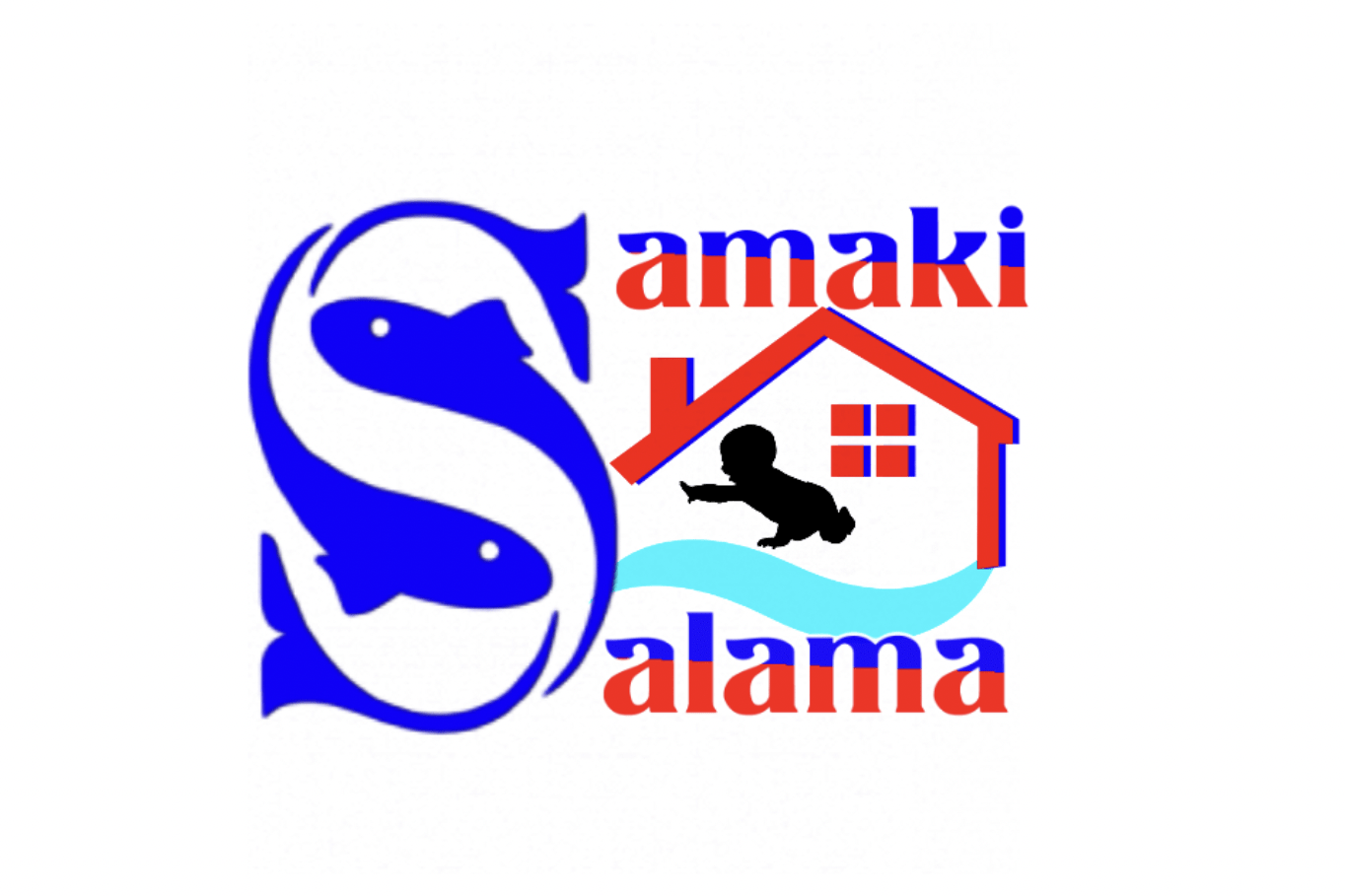Samaki Salama
Investigating the effectiveness of a bundled intervention to address malnutrition and its intersections with nutrition security and fisheries sustainability in Kilifi, Kenya.

Location: Kilifi, Kenya
Collaborators: Washington University in St. Louis – Brown School, University of Rhode Island, Pwani University, Egerton University, Mississippi State University
Description: Samaki Salama (“fish security” in Kiswahili) is a 12-month bundled intervention in Kilifi, Kenya that introduces practices and technologies that build on existing community assets and expressed needs and preferences of small-scale fishers and their households. The first component of the intervention package, nutrition social marketing, is a novel approach to increase nutrition awareness across multiple stakeholders that draws on psychology, marketing, and communications disciplines. Intervention communities will receive monthly communications of key messages across a range of platforms including mobile phone messaging through WhatsApp or SMS, social media, radio, t-shirts, stickers, flyers, cooking classes, meetings of mother’s groups and fishers, and other convening opportunities. Fisher training, modified trap distribution, and gear modification constitute the second piece to our bundled intervention strategy. Our gear modification workshops target fishers using basket traps and encourages them to modify their traps with escape gaps so immature fish can escape. We hypothesize this type of intervention will reduce fishers’ dependence on one group of fish species or habitat type, as well as buffer them from potential market variability and enable them to be more resilient to environmental change.
Sponsor: United States Agency for International Development (USAID) – Fish Innovation Lab https://www.fishinnovationlab.msstate.edu/research/projects/samaki-salama-securing-small-scale-fisheries-kenya-healthy-nutrition-and